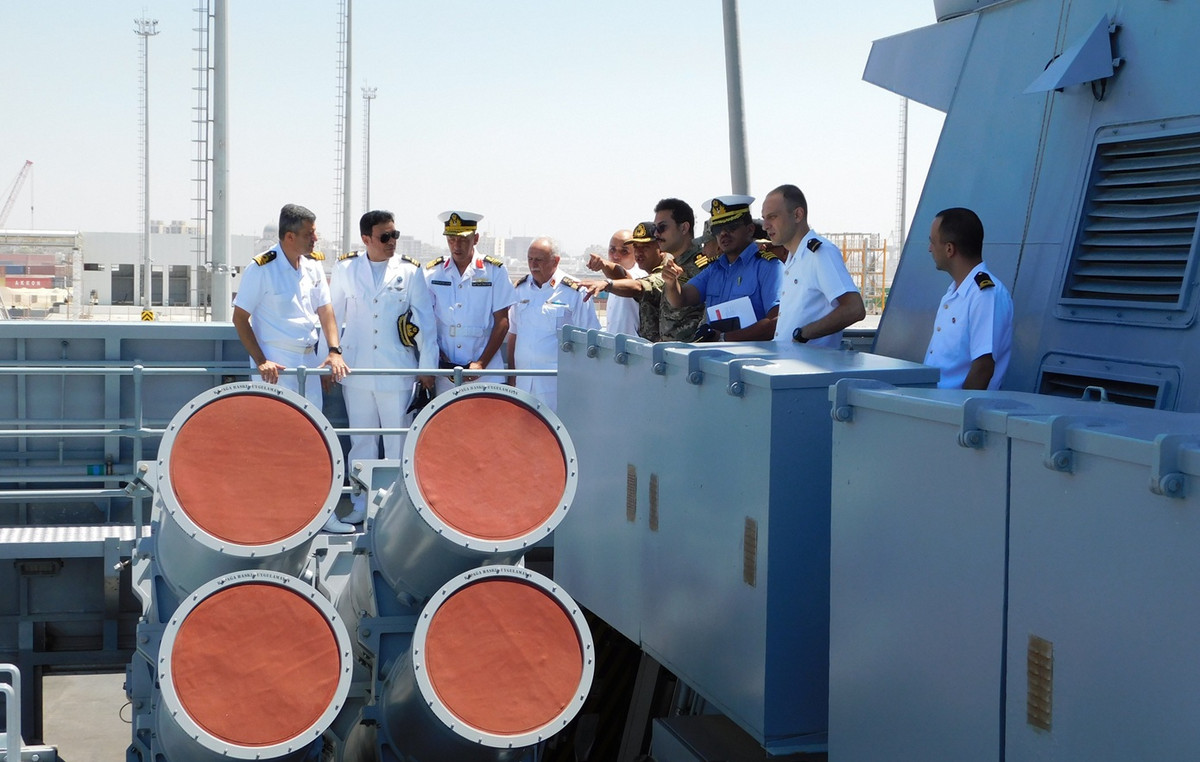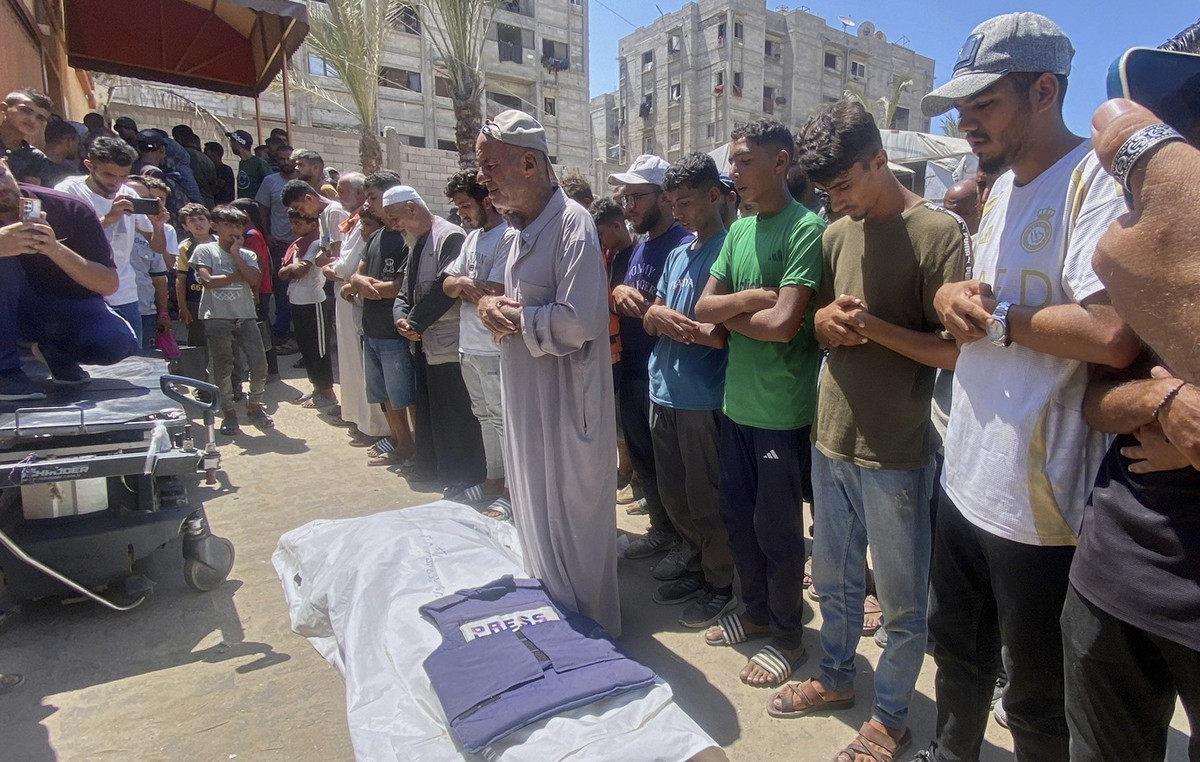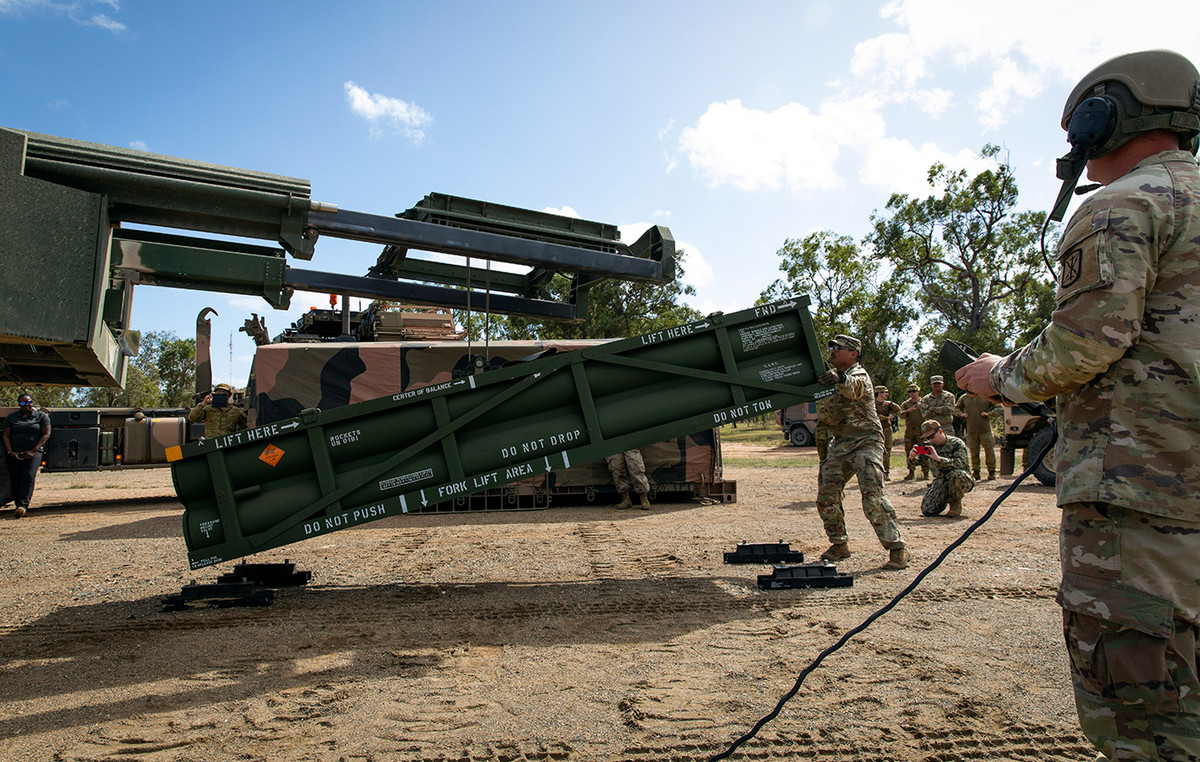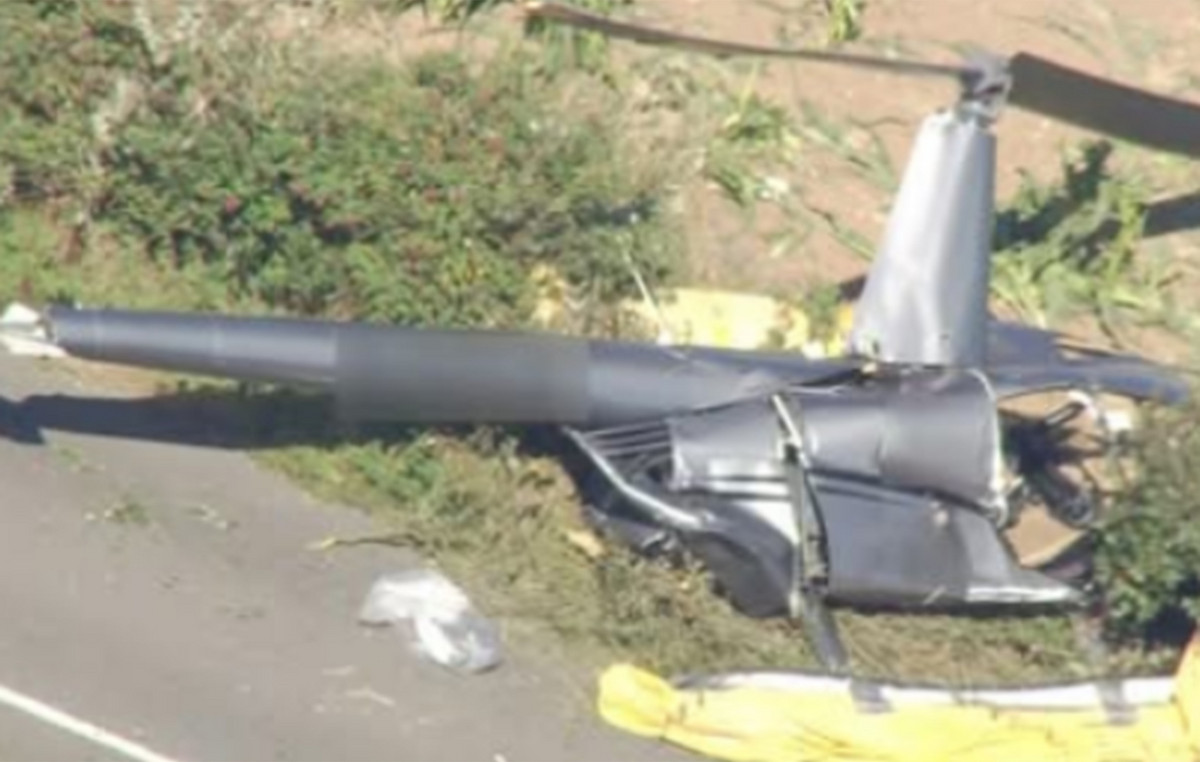United States President Joe Biden has said he does not support an Israeli attack on Iran’s nuclear facilities.
“The answer is no,” Biden said when asked about the possibility of Israel launching a retaliatory strike on facilities related to Iran’s nuclear program.
He said the United States would discuss with the Israelis how they could respond to Tuesday’s Iranian missile attack.
Biden added that all members of the G7, with whom he spoke by phone the previous Wednesday, agreed that Israel should “respond proportionately.”
“Iran is way off course,” he said.
G7 leaders are considering new sanctions against Iran, according to a White House statement.
US officials assess that both Iran and Hezbollah’s senior leadership wanted to avoid an all-out war with Israel, even though both exchanged fire.
A major fear of US and Arab diplomats is the possibility of Israel attacking inside Iran, potentially against its nuclear facilities. Former Israeli Prime Minister Naftali Bennett called on Israel to retaliate by destroying the nuclear program.
But Iran has made clear that any response from Israel would result in further escalation. Iran’s President Masoud Pezeshkian said Tuesday’s operation was “just a part of our power.”
Israel is likely keeping an eye on Iran’s nuclear facilities as it determines its response to Tehran’s missile attack, according to Malcolm Davis, senior defense strategy analyst at the Australian Strategic Policy Institute.
“From Israel’s perspective, it cannot allow Iran to obtain nuclear weapons. There would certainly be strong pressure within Netanyahu’s cabinet to attack these nuclear facilities and essentially delay the Iranian nuclear weapons program, potentially for years,” Davis told Becky Anderson of CNN .
Conversation with Netanyahu
US President Joe Biden said he will likely speak to Prime Minister Benjamin Netanyahu “relatively soon” following Iran’s missile attack on Israel.
“I’ll probably talk to him soon,” Biden told reporters at Joint Base Answers.
Biden and Netanyahu last spoke on Aug. 21, according to White House reports. Since then, the situation in the Middle East has become more tense with the escalation of offensives between Israel and Hezbollah in Lebanon.
Biden said the US was offering advice directly to Israeli officials about the country’s potential response to the attack.
“We will discuss with the Israelis what they will do,” Biden said. “We’re talking to Bibi’s people all the time,” he added, using Netanyahu’s nickname.
Biden’s phone calls with Netanyahu last year were at times tense as the two men differed over Israel’s actions in Gaza.
Understand the escalation in conflicts in the Middle East
Iran’s missile attack on Israel on the 1st marked a new stage in the regional conflict in the Middle East. On one side of the war is Israel, with support from the United States. On the other, the Axis of Resistance, which receives financial and military support from Iran and which has a series of paramilitary groups.
There are seven conflict fronts currently open: the Islamic Republic of Iran; Hamas, in the Gaza Strip; Hezbollah, in Lebanon; the Syrian government and the militias operating in the country; the Houthis, in Yemen; Shia groups in Iraq; and different militant organizations in the West Bank.
Israel has soldiers on three of these fronts: Lebanon, the West Bank and the Gaza Strip. In the other four, it carries out aerial bombings.
The Israeli Army began a “limited ground operation” in Lebanon on September 30, days after Israel killed Hezbollah leader Hassan Nasrallah in a bombing of the group’s headquarters in the Beirut suburb.
The Israel Defense Forces say they have killed virtually the entire Hezbollah chain of command in similar bombings carried out in recent weeks. On September 23, Lebanon had its deadliest day since the 2006 war, with more than 500 fatalities.
At least two Brazilian teenagers died in the attacks. Itamaraty condemned the situation and called for an end to hostilities. With the increase in hostilities, the Brazilian government announced an operation to repatriate Brazilians in Lebanon.
In the West Bank, the Israeli military is trying to dismantle groups opposed to Israel’s occupation of Palestinian territory.
In the Gaza Strip, Israel seeks to eradicate Hamas, responsible for the October 7 attack that left more than 1,200 people dead, according to information from the Israeli government. The Israeli operation killed more than 40,000 Palestinians, according to the enclave’s Ministry of Health, controlled by Hamas.
Hamas leader Yahya Sinwar remains hidden in tunnels in the Gaza Strip, where dozens of Israelis kidnapped by Hamas are also believed to be in captivity.
This content was originally published in Biden says he does not support Israel’s attack on Iran’s nuclear facilities on the CNN Brasil website.
Source: CNN Brasil
Bruce Belcher is a seasoned author with over 5 years of experience in world news. He writes for online news websites and provides in-depth analysis on the world stock market. Bruce is known for his insightful perspectives and commitment to keeping the public informed.







